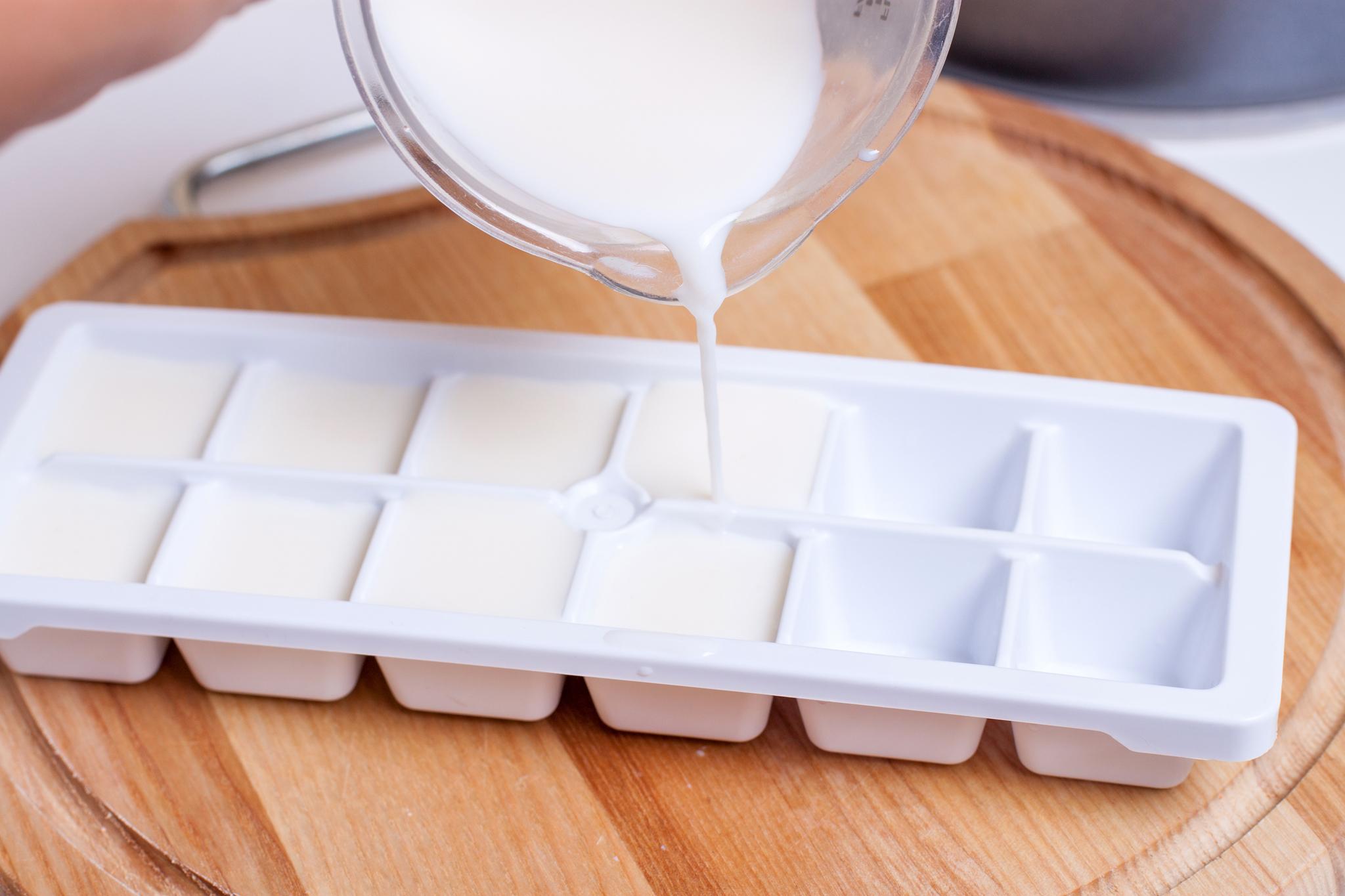

Articles
How Long Does Milk Last In The Freezer
Modified: February 24, 2024
Discover helpful articles on how long milk can last in the freezer. Get important tips and guidelines to maximize the shelf life of your frozen milk.
(Many of the links in this article redirect to a specific reviewed product. Your purchase of these products through affiliate links helps to generate commission for Storables.com, at no extra cost. Learn more)
Introduction
Welcome to our guide on how long milk lasts in the freezer. If you have ever found yourself with leftover milk that you can’t use in time, or if you’ve scored a great deal on milk and want to stock up, freezing it can be a convenient solution. However, it is important to understand the factors that affect the shelf life of milk in the freezer and how to properly store it to maintain its quality.
Freezing milk is a common practice to extend its shelf life, especially when you anticipate not being able to consume it before it spoils. By freezing milk, you can effectively pause the clock on its expiration date and preserve it for future use. However, it is crucial to handle and store it correctly to ensure that it remains safe and maintains its taste and texture.
In this article, we will explore the various factors that can influence the shelf life of milk in the freezer, provide guidelines for proper storage, and discuss the signs of spoiled milk. Additionally, we will answer the burning question: how long does milk last in the freezer? So, let’s dive in and begin unraveling the mysteries of frozen milk!
Key Takeaways:
- Properly frozen milk can last indefinitely in the freezer, but for optimal taste and texture, it’s best to consume it within 3-6 months. Follow storage guidelines and signs of spoilage to ensure safety and quality.
- To extend the shelf life of frozen milk, use fresh milk, divide it into portions, remove excess air, thaw properly, and use thawed milk promptly. Regular inspections and proper storage are crucial for maintaining quality.
Read more: How Long Does Freezer Jam Last
Factors Affecting Milk Shelf Life in the Freezer
When it comes to freezing milk, there are several factors that can affect its shelf life and overall quality. Understanding these factors is important in order to properly store milk in the freezer. Let’s take a closer look at the key factors that can have an impact:
- Temperature: The temperature of your freezer plays a crucial role in preserving the quality of frozen milk. It is recommended to set the freezer temperature at or below 0°F (-18°C) to ensure optimal preservation. Consistently maintaining this low temperature will help prevent the growth of bacteria and maintain the taste and texture of the milk.
- Packaging: The packaging of the milk is another important factor to consider. Milk should be stored in airtight, freezer-safe containers or freezer bags. Ensure that the containers are made of durable materials that are resistant to freezer burn and leaks. Proper packaging will help prevent the milk from absorbing any off flavors or odors from the freezer.
- Fat Content: The fat content of milk can impact its shelf life in the freezer. Whole milk typically has a shorter freezer life compared to skim or low-fat milk. The higher fat content in whole milk can lead to faster development of off flavors and texture changes when frozen. If you plan to freeze milk, consider opting for lower fat varieties if possible.
- Quality of Fresh Milk: The quality of the milk before freezing can impact its shelf life in the freezer. Using fresh milk that is within its expiration date and has been properly stored in the refrigerator prior to freezing will help ensure a longer freezer life. Avoid freezing milk that is already close to its expiration date or has been sitting at room temperature for an extended period of time.
- Freezer Storage Time: The length of time milk is stored in the freezer can affect its quality. While milk can remain safe to consume indefinitely when properly frozen, it is recommended to use frozen milk within 3-6 months for best results. Over time, frozen milk may develop a slight change in taste and texture, so it’s ideal to consume it within this timeframe.
By considering these factors and taking the necessary precautions, you can maximize the shelf life of milk in the freezer and ensure that it remains safe and enjoyable to consume. Now that we have covered the factors influencing milk’s freezer life, let’s move on to the proper storage guidelines for freezing milk.
Proper Storage Guidelines for Milk in the Freezer
When it comes to storing milk in the freezer, following proper guidelines is crucial to maintain its quality and safety. By taking the right steps, you can ensure that your frozen milk stays fresh and delicious. Here are some guidelines to help you store milk in the freezer:
- Choose the Right Containers: Use airtight, freezer-safe containers or freezer bags to store the milk. Make sure the containers are specifically designed for freezing to prevent leaks and freezer burn. Consider using smaller-sized containers to freeze milk in portions that are convenient for your needs.
- Label and Date: Properly label each container with the date of freezing. This will help you keep track of how long the milk has been in the freezer and ensure that you consume it within the recommended time frame.
- Leave Some Room for Expansion: When pouring milk into containers, leave some room at the top to allow for expansion as the milk freezes. Filling the container to the brim may cause it to burst due to the volume increase during freezing.
- Store in the Coldest Part of the Freezer: Place the milk containers in the coldest part of your freezer, typically toward the back or on a freezer shelf. This will ensure that the milk freezes quickly and remains at a consistently low temperature.
- Avoid Temperature Fluctuations: Try to minimize temperature fluctuations by avoiding frequently opening and closing the freezer door. Sudden temperature changes can compromise the quality of the milk and increase the risk of spoilage.
- Separate Fresh and Frozen Milk: When storing fresh milk alongside frozen milk, make sure to keep them separate to prevent any cross-contamination. Label the containers clearly to avoid confusion.
By following these storage guidelines, you can maintain the quality and safety of your frozen milk. It is important to note that while properly frozen milk remains safe to consume indefinitely, its flavor and texture may gradually change over time. Therefore, it is recommended to use frozen milk within 3-6 months for the best taste and quality.
Now that you know how to store milk in the freezer, let’s move on to discussing the signs of spoiled milk in the freezer.
Signs of Spoiled Milk in the Freezer
While milk can be safely stored in the freezer for an extended period of time, it is still important to be able to recognize the signs of spoiled milk. Freezing milk can help preserve its freshness, but certain factors can still cause it to spoil. Here are some indicators that your frozen milk may have gone bad:
- Off Odor: If the milk emits a sour or unpleasant odor, it is likely spoiled and should not be consumed. Trust your sense of smell and discard any milk that smells off, even if it appears to be okay otherwise.
- Texture Changes: Frozen milk that has gone bad may develop lumps, clumps, or a grainy texture. This is a sign of texture changes caused by spoilage. If you notice any unusual texture, it’s best to discard the milk.
- Odd Color: While frozen milk may darken slightly in color, an excessively yellow or grayish hue could indicate spoilage. If the color appears significantly different from normal, it’s a good indication that the milk has gone bad.
- Frozen Swollen Containers: If the containers of frozen milk appear swollen or bulging, it could be a sign of harmful bacteria growth or gas accumulation inside. This is a clear indication that the milk has spoiled and should be discarded.
- Strange Taste: Sometimes, frozen milk that has gone bad may still look and smell fine but have an off taste. If the milk tastes sour, bitter, or just different from its usual flavor, it’s best to err on the side of caution and avoid consuming it.
If you come across any of these signs when thawing or examining your frozen milk, it is important to discard it. Consuming spoiled milk can lead to foodborne illnesses and should be avoided to ensure your health and well-being.
Now that you are aware of the signs of spoiled milk, let’s address the burning question: how long does milk actually last in the freezer?
Milk can be stored in the freezer for up to 3 months. To freeze, pour off a small amount to allow for expansion, and store in an airtight container. Thaw in the fridge before using.
How Long Does Milk Last in the Freezer?
The shelf life of milk in the freezer can vary depending on various factors, including the temperature of the freezer and the quality of the milk before freezing. While frozen milk can remain safe to consume indefinitely, it is recommended to use it within a certain time frame to maintain its best quality and taste.
For optimal flavor and texture, it is advised to consume frozen milk within 3-6 months of freezing. During this time, the milk should retain its nutritional value and remain safe to consume. However, it’s important to note that the taste and texture may gradually change over time, especially if the milk is high in fat content.
It is recommended to label each container of frozen milk with the date of freezing. This will help you keep track of how long it has been in the freezer and ensure that you use it within the recommended timeframe. If you have multiple containers of frozen milk, it is advisable to arrange them in a “first in, first out” (FIFO) system to ensure that you use the oldest milk first.
Keep in mind that the quality of the milk can deteriorate if it is exposed to temperature fluctuations or improper storage conditions in the freezer. To maintain the best quality, it is important to store the milk in airtight, freezer-safe containers or bags, and keep them in the coldest part of the freezer.
If you have exceeded the recommended storage time or are unsure about the quality of your frozen milk, it is always better to err on the side of caution and discard it. Consuming spoiled milk can lead to foodborne illnesses, so it’s crucial to prioritize safety when it comes to frozen dairy products.
By following the proper storage guidelines and consuming frozen milk within the recommended time frame, you can enjoy its taste and nutritional benefits while minimizing the risk of spoilage and food waste. Now, let’s explore some useful tips for extending the shelf life of milk in the freezer.
Read more: How Long Does Yogurt Last In The Freezer
Tips for Extending Milk Shelf Life in the Freezer
If you want to maximize the shelf life of milk in the freezer and ensure it retains its quality for as long as possible, there are a few tips you can follow. These simple practices can help extend the life of your frozen milk and ensure that it remains safe and enjoyable to consume:
- Use Fresh Milk: Start with fresh milk that is within its expiration date and has been properly stored in the refrigerator. Freezing milk that is already close to its expiration date may result in a shorter overall freezer life.
- Divide into Portions: Consider dividing the milk into smaller portions before freezing. This allows you to thaw only the amount you need at a time, reducing the chance of waste and minimizing repeated freeze-thaw cycles that can affect the milk’s quality.
- Remove Excess Air: When using containers, remove as much air as possible before sealing them. This helps prevent freezer burn and maintains the milk’s flavor and texture. Consider using vacuum-sealed bags or containers designed to remove air for longer-term storage.
- Thaw Properly: When you’re ready to use the frozen milk, thaw it in the refrigerator rather than at room temperature. Slow, controlled thawing helps maintain the milk’s quality and reduces the risk of bacterial growth.
- Use Thawed Milk Promptly: Once the milk has thawed, it is best to use it within a few days. Avoid refreezing thawed milk, as this can further compromise its taste and texture.
- Cook with Thawed Milk: If you find that thawed milk has undergone some textural changes, consider using it in recipes rather than consuming it as a standalone beverage. Cooking with thawed milk can help mask any subtle changes in flavor or texture.
- Perform Regular Inspections: Periodically check your frozen milk for any signs of spoilage, such as off smells, odd textures, or discoloration. If you notice any of these signs, it’s best to discard the milk to avoid any potential health risks.
By following these tips, you can extend the shelf life of milk in the freezer and enjoy its benefits even longer. Remember to prioritize proper storage and handling to maintain the milk’s quality and safety throughout its freezer life.
Now that we have covered proper storage techniques and tips for extending the shelf life of milk in the freezer, let’s wrap up our discussion.
Conclusion
Freezing milk can be a convenient way to extend its shelf life and ensure that you always have a fresh supply on hand. By understanding the factors that affect milk’s shelf life in the freezer and following proper storage guidelines, you can maintain the quality and safety of frozen milk.
We explored important factors such as temperature, packaging, fat content, and the quality of fresh milk that can influence the freezer life of milk. It is essential to store milk in airtight, freezer-safe containers, label them with the date of freezing, and keep them in the coldest part of the freezer to maximize its shelf life.
Recognizing the signs of spoiled milk in the freezer, such as off odors, texture changes, odd color, and frozen swollen containers, is crucial for maintaining food safety. If you come across any of these signs, it’s best to discard the milk to avoid any potential health risks.
The recommended timeframe for consuming frozen milk is within 3-6 months of freezing. While milk can remain safe to consume indefinitely when properly frozen, its taste and texture may gradually change over time. Therefore, it’s recommended to use frozen milk within this timeframe for the best quality.
Finally, by following tips such as using fresh milk, dividing it into portions, removing excess air, thawing properly, and using thawed milk promptly, you can further extend the shelf life of milk in the freezer.
Remember, proper storage and handling are key to maintaining the quality and safety of frozen milk. By following the guidelines outlined in this article, you can confidently freeze milk and enjoy its benefits for an extended period of time.
We hope that this guide has provided you with the information you need to make the most out of freezing milk. Now, you can confidently stock up on milk and store it in the freezer, knowing that you can enjoy it at your convenience without worrying about it going to waste.
Frequently Asked Questions about How Long Does Milk Last In The Freezer
Was this page helpful?
At Storables.com, we guarantee accurate and reliable information. Our content, validated by Expert Board Contributors, is crafted following stringent Editorial Policies. We're committed to providing you with well-researched, expert-backed insights for all your informational needs.
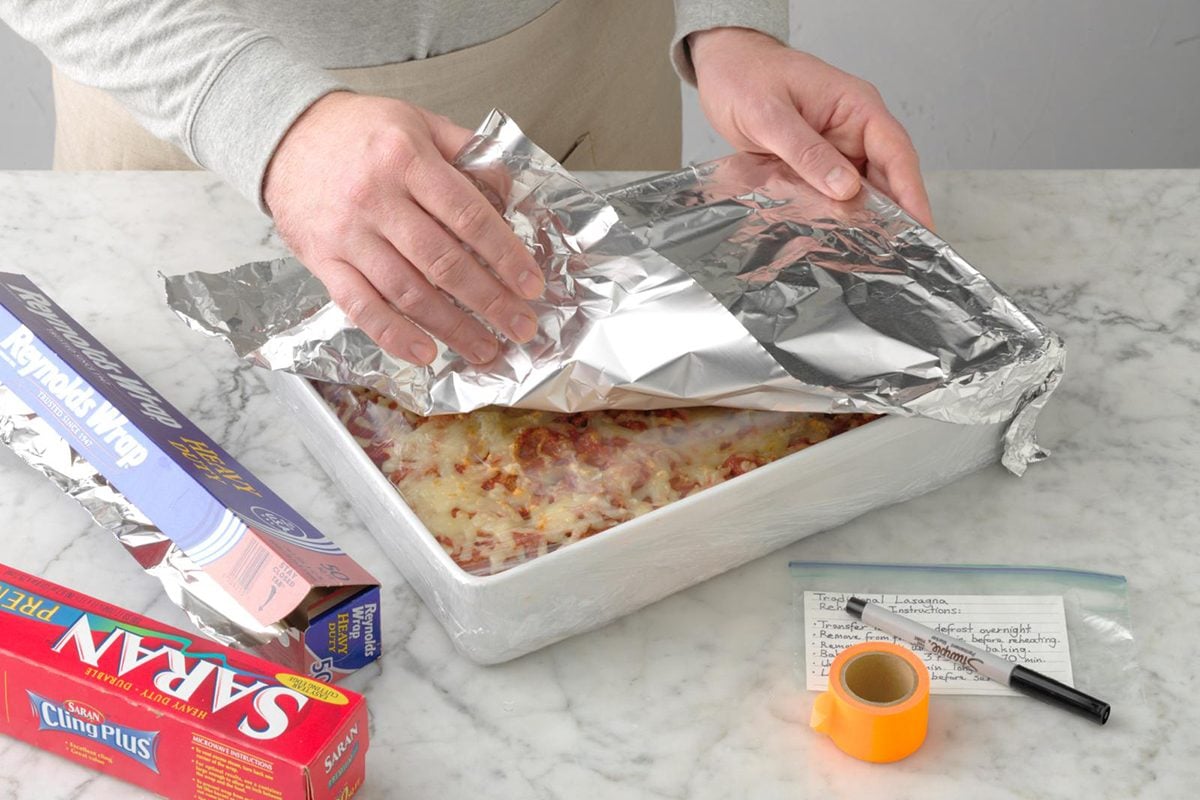



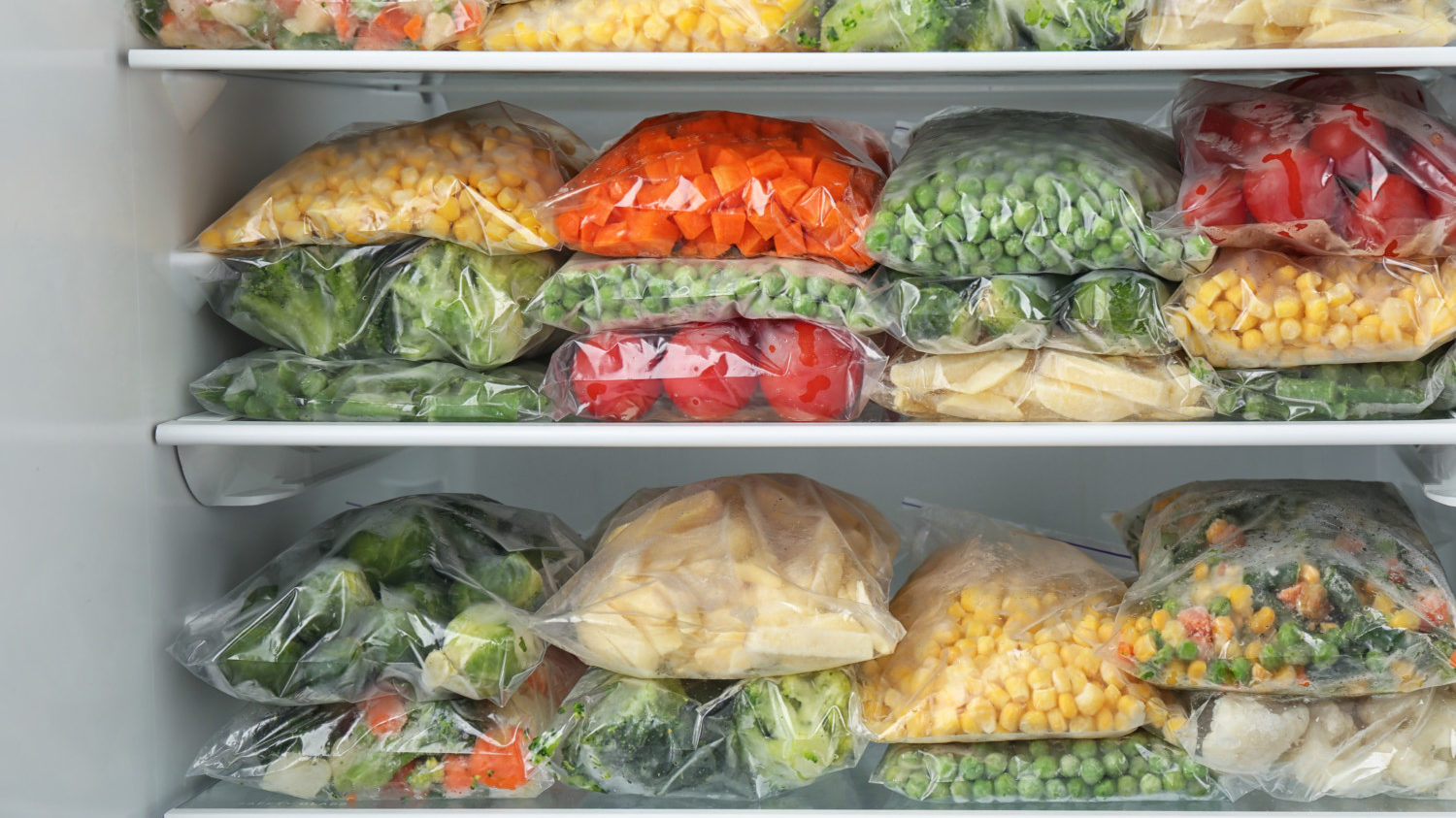



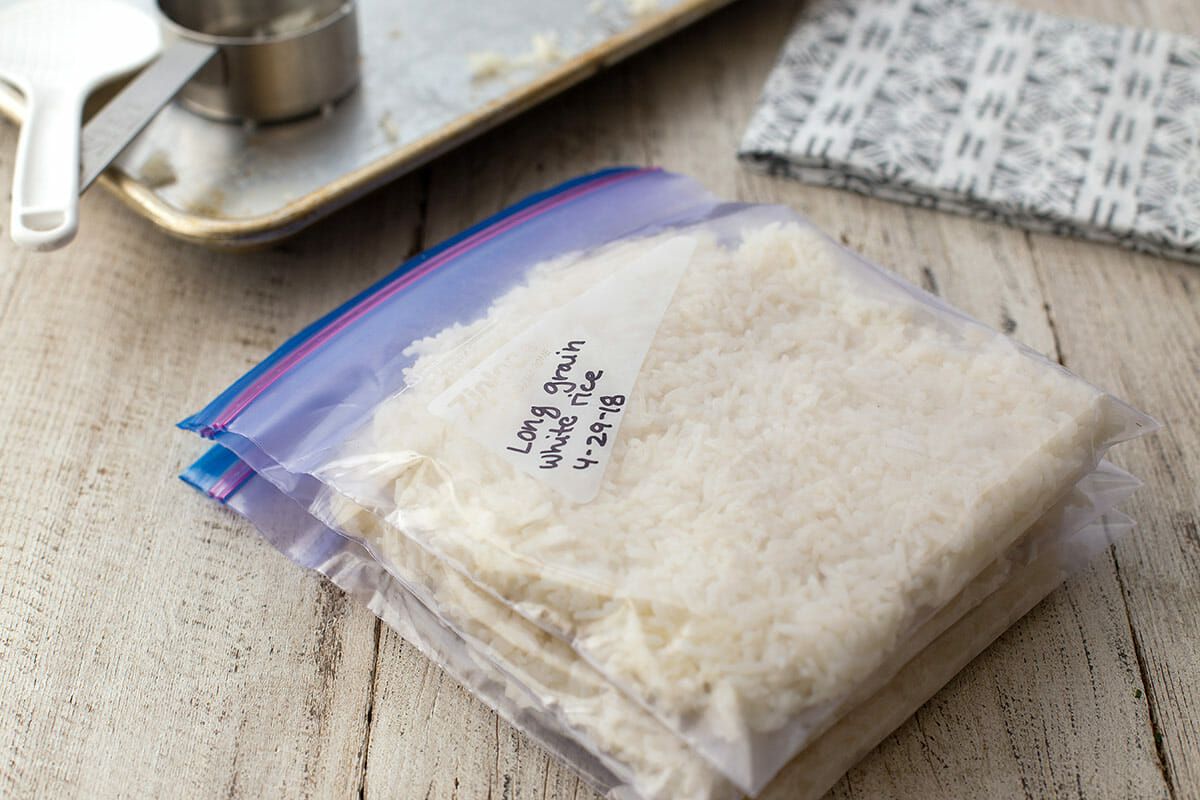


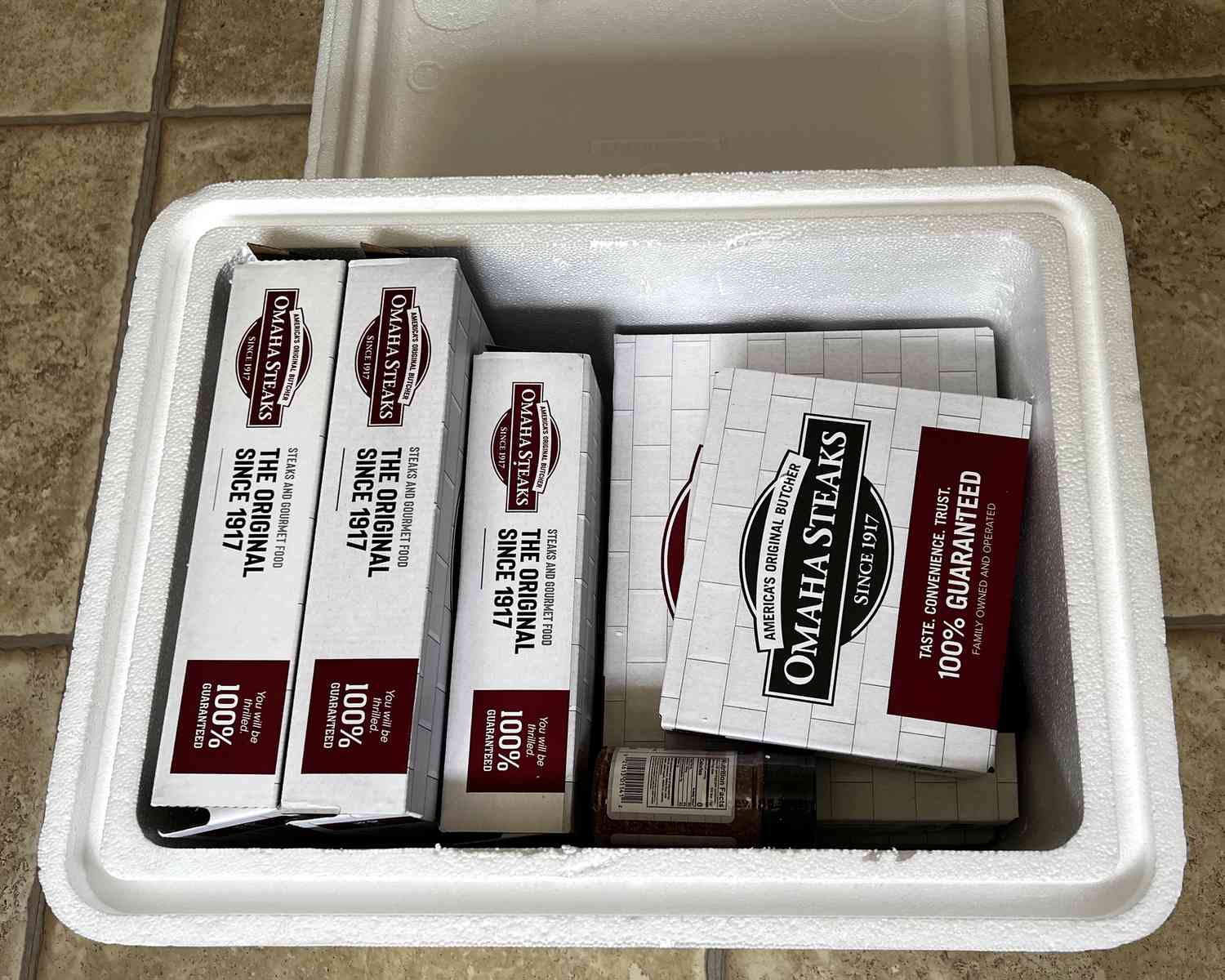



0 thoughts on “How Long Does Milk Last In The Freezer”